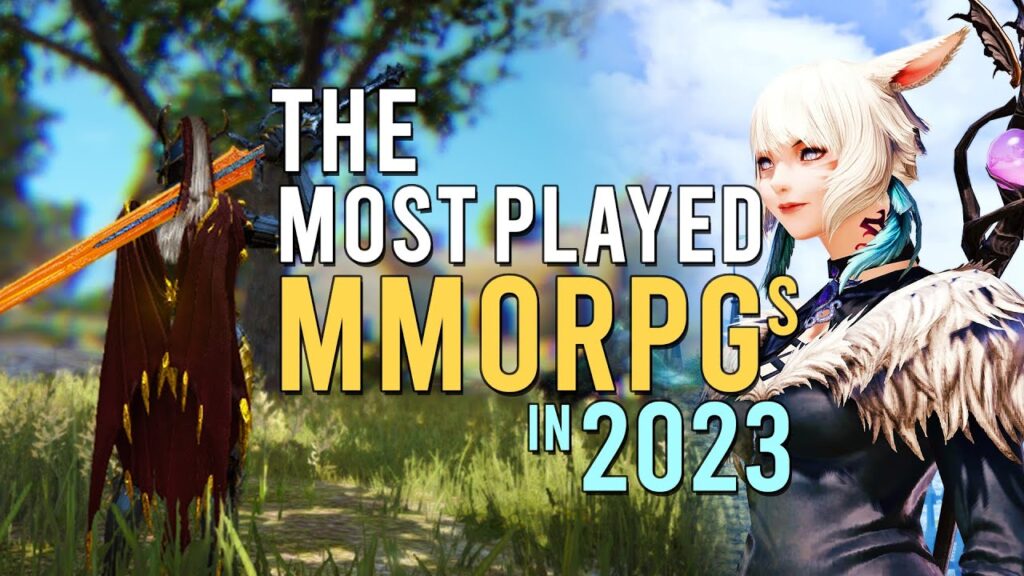In-game trading is central to all thriving virtual economies. The largest virtual economies in the world are MMORPG games, such as World of Warcraft, EverQuest, Ultima Online, EVE Online, and Dark Age of Camelot. Without in-game trading, these economies will not survive. Historically, in-game trading has played a crucial role here and impacted how virtual economies succeed over time.
Incidentally, the concepts of in-game trading and virtual economies are intertwined. The growing popularity of virtual economies comes from the convenience and ease of acquiring currency, assets, or other digital items through in-game trading.
From players always looking for a better deal on their favorite skin to game developers incorporating elements to make buying and selling easier—The notion of in-game trading is deeply ingrained in any virtual economy or MMORPG.
The whole idea of utilizing microtransactions in other genres of games such as esports, MOBAs, and battle royale games stems from the success of virtual economies on the back of in-game trading.
In this article, we will look at the many effects that in-game trading has had on virtual economies in the world. But before that, let’s understand how in-game trading has evolved.
Evolution of In-Game Trading

Source: youtube.com
The history of in-game trading is quite rich. It’s full of ups and downs. It has its fair share of experiments, failures, and huge successes. It all began with the simple concept of item exchanges. Today, we have complex player-driven economies thriving in intricate online worlds.
As in-game trading became more popular, virtual currencies and marketplaces naturally proliferated in a big way. You’re very likely to find scores of quality sellers and buyers for all types of digital products in any MMORPG.
These communities and marketplaces have a life of their own and act like complex organisms with little supervision or facilitation, if at all. For example, one of the biggest virtual economies in the world is that of World of Warcraft. Players today can use a variety of websites to buy and sell game coins, items, accounts, game pals, and even coaching services on different servers/regions. Several of these sellers are full-fledged companies with a decade-old track record!
Technology plays a pivotal role in online connectivity by facilitating in-game trading. It’s not easy to create an active and stable virtual economy without using an extremely advanced technology stack.
Today, the largest virtual economies offer orders of speed and reliability, which are many times higher than those of older games. It’s truly remarkable how far virtual economies and the concept of in-game trading have come.
Economic Impact on Virtual Worlds
In-game trading affects the overall economy of a virtual world. The economic dynamics of different games might be starkly different from each other, but the ability to buy, sell, and trade while inside the game is fundamental to the operation of a virtual world.
Supply and demand also influence virtual economies and so do price fluctuations and market trends.
However, the most significant economic impact of in-game trading on virtual worlds is the emergence of virtual entrepreneurs and businesses based on in-game trading. These entities provide the necessary infrastructure that facilitates the buying and selling of digital commodities in the virtual economy.
These third-party facilitators aren’t affiliated with the game developers in any official way. However, there’s a legitimate need for these entities as they help introduce competition and fairness in the virtual economy.
Both, businesses that sell virtual digital assets and people who make a lot of money selling these are integral to how in-game trading influences virtual worlds economically.
Gambling platforms are one of the most prominent examples of how spending money on gaming can be used to generate even more wealth. A reliable online bingo sites platform like TheBingoOnline.com can, for example, help you make money and be a part of a thriving online gaming community.
Social & Psychological Effects

Source: digiday.com
In-game trading helps foster communities and social interactions. There is also a psychological satisfaction and sense of achievement that players get from successful trades or purchases of items that they care deeply about.
Socially, however, there are as many challenges and risks as there are benefits of convenient in-game trading in a thriving virtual economy.
Most notably, these risks include scams, fraud, addictive behavior, and wasting one’s savings.
Wrapping Up
In-game trading influences game design and development strategies apart from merely influencing the virtual world’s economy. There’s also a delicate balance between player-driven economies and the game developers’ control over in-game assets.
Virtual economies include MMORPGs like World of Warcraft, microtransactions in MOBAs or battle royales, online browser-based games with a community, crypto-collectibles games, or casinos. Whether you build your empire in an MMORPG or sort through the best online casinos in USA at BonusesOnline.com, you can always be a part of this exciting new world and explore new opportunities!



